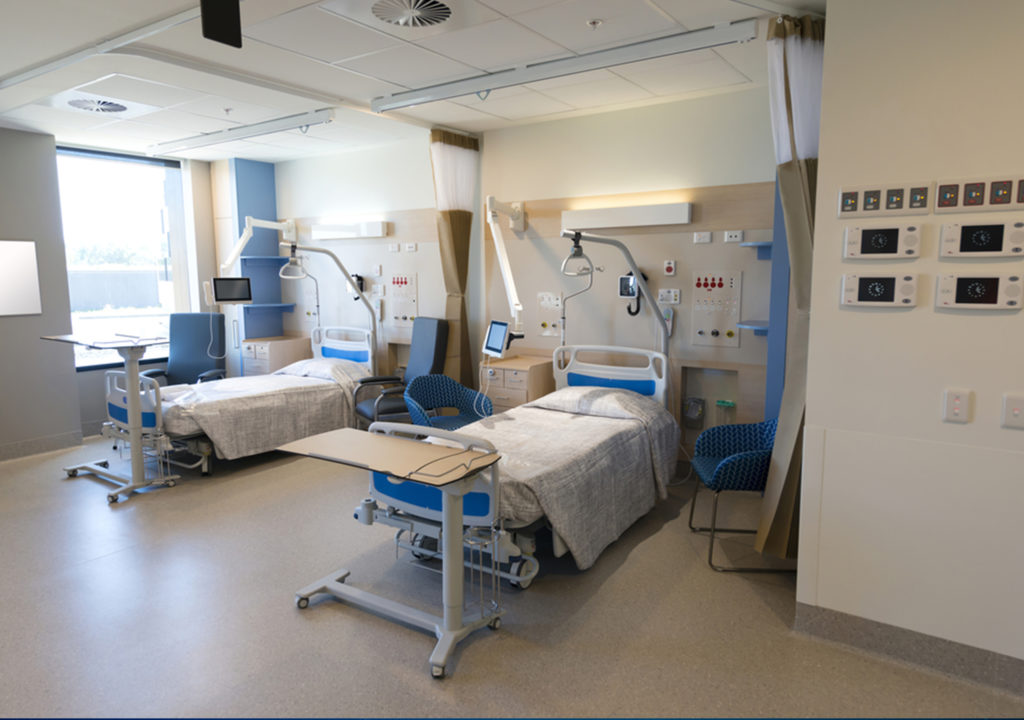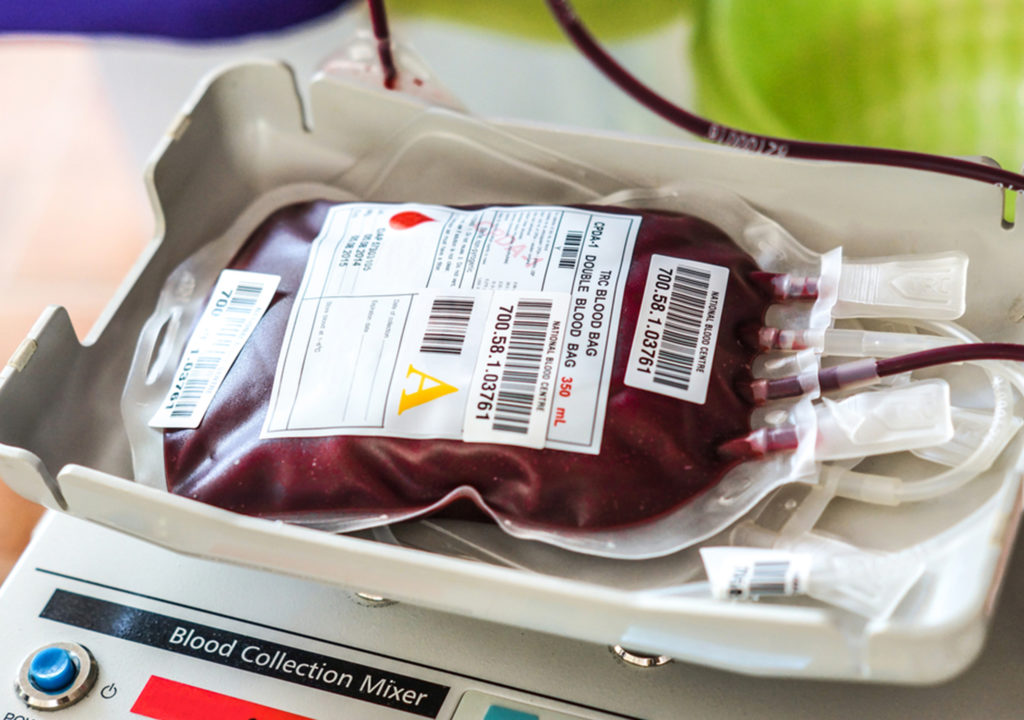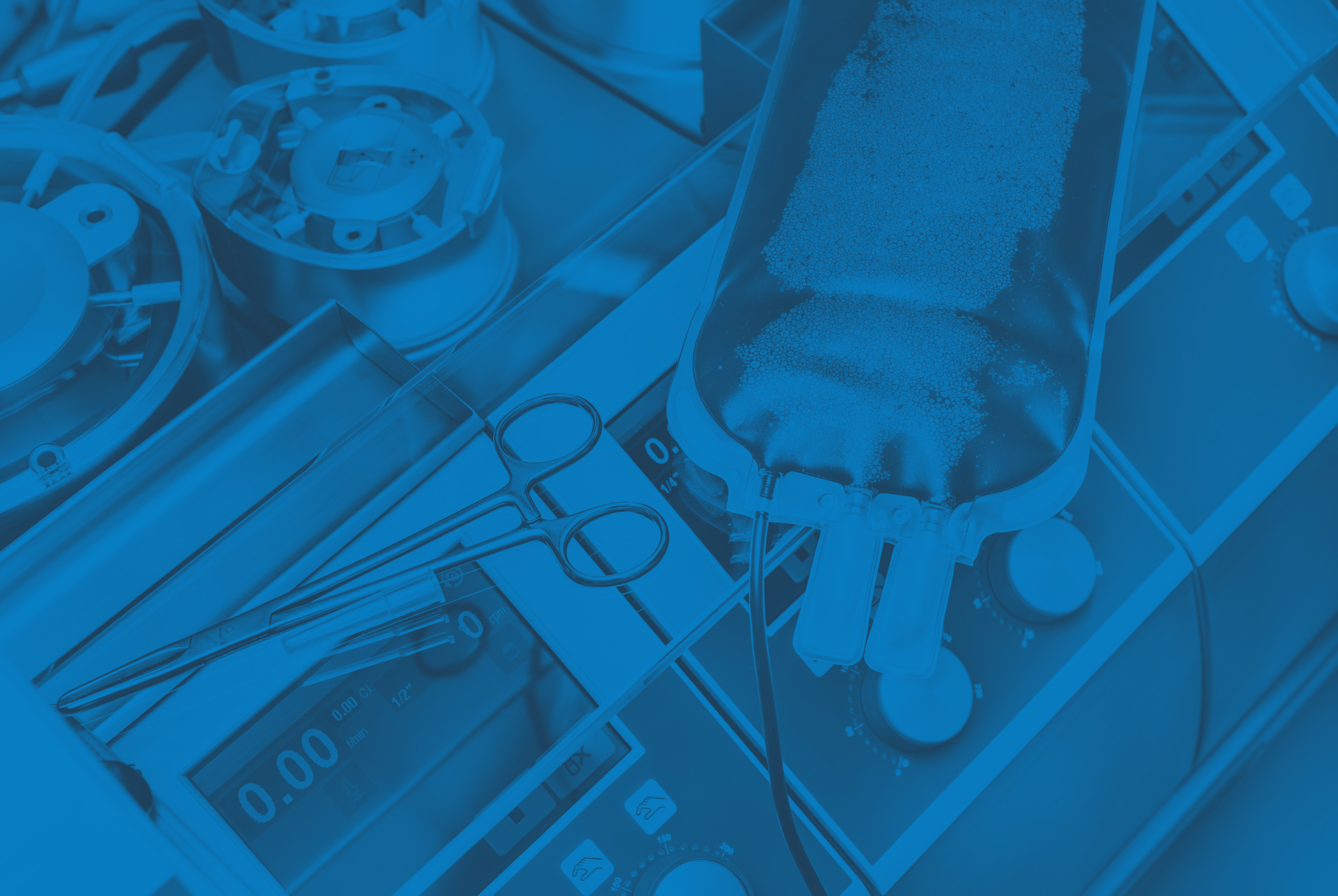
Communication in the OR is vital to patient health and safety. Late starts, delays and interruptions, decreased surgeon satisfaction, tension in the OR, and clinical errors often can be attributed to miscommunication or the lack of communication. The effect on patients can be devastating, resulting in readmission, a life-long chronic condition, or worse. The Joint Commission and other organizations routinely list communication failure as one of the most frequent causes of sentinel events, but many “never events” and other problems can be avoided with structured processes and an organizational commitment to prioritize communication.

Parts of the United States are experiencing record-breaking heat this summer, and yet, icebergs are everywhere! Icebergs—the classic metaphor for situations wherein most of the substance (and risk) hide below the surface—have been used to discuss topics as varied as psychology, homelessness, big data, influence, safety, Hemingway, and school performance. Risks hidden below the surface are prevalent in healthcare, too. When teams assess their clinical outcomes, some factors are clear and measurable. These parts of the iceberg are above the surface, and hospitals increasingly are held accountable for them. Other outcomes, or factors that affect outcomes, are lurking within the complexity of hospital operations but are demonstrably significant in the future health of the patient.

Imagine you’re riding a bicycle that slips a chain. It’s a basic fix, but you have to stop pedaling to do it. When your sterile processing chain slips, you don’t get to stop, and it’s very difficult to fix the bike yourself while you’re still pedaling. Hospital administrators and managers focused on continuous improvement are increasing attention on their sterile processing departments to improve quality, efficiency, surgeon satisfaction, and patient care. An outside sterile processing consultant who has the expertise to conduct a useful assessment and create and implement strategic plans can quickly jump start a quality improvement program without disrupting the department’s regular activities. This is a significant advantage over an in-house approach to improvement. As a result, many leading hospitals are engaging expert consultants for help.

The evolution from a wide-eyed trainee to a professional surgical neurophysiologist capable of supporting surgeons in the most complex procedures is a metamorphosis that is truly awesome and, with every graduating class, I’m reminded of the tremendous group effort behind the scenes. Our clinical instructors, medical office staff, senior surgical neurophysiologists, remote monitoring professionals, and operations leaders provide support and guidance every step of the way. This spirit of teamwork not only makes the training program successful, it also makes the goals of clinical excellence, continuous improvement, and patient-centered care achievable. I am thrilled to be part of such a group and I cannot wait to see our newest team members grow into the next SpecialtyCare IONM mentors and leaders.

Illegal referrals and inaccurate billing are often inadvertent, but can be part of deliberate and deceptive moneymaking schemes when physicians and other clinicians have ownership in outsourced providers for hospitals. Whether intentional or not, there is an ongoing pattern of regulatory compliance violations relating to the False Claims Act, the Stark Law, and the Anti-Kickback Statute. Headlines continue to regularly highlight fraudulent billing and illegal referrals that pose tremendous risk to hospitals, providers, and patients. Even alleged violations and pre-trial indictments can be costly given that regulatory agencies are authorized to suspend federal payments to providers under investigation.

In the fall of 2016, David Citarrella, SpecialtyCare’s Director of Operations for Intraoperative Neuromonitoring (IONM) in California and Nevada, let me know that an orthopedic surgeon in San Francisco planned to travel to the Republic of Moldova in Eastern Europe on a humanitarian mission. The surgeon, Dr. Dimitriy Kondrashov, had inquired about the use of IONM equipment to monitor spinal procedures during his trip. My first thought was, “What is he going to do with this equipment? It’s not like you just press one button to turn it on, then get a green light if all is good, or a red light if there is a problem.” I reached out directly to Dr. Kondrashov to see if I could help.

Scientists have been fascinated with the workings of the human nervous system dating back to the time of Hippocrates and well before. Today, as members of the healthcare community gain a greater understanding of the system—how to treat its disorders and protect its integrity—interest in the topic continues to grow. The American Clinical Neurophysiology Society (ACNS) has been a leader in education and training for the past 70 years, and its recent annual meeting continued this tradition. SpecialtyCare was pleased to present two new research studies at the event to advance the community’s understanding of intraoperative neuromonitoring (IONM) and its impact on patient health and safety.

The American Society of Neurophysiological Monitoring (ASNM) is “dedicated to the advancement of quality neurophysiologic monitoring services for neuroprotection.” Stated more simply, it’s all about patient safety. SpecialtyCare is deeply committed to supporting the Society and its mission to grow the profession, provide educational forums, develop quality standards, and build partnerships with allied healthcare professionals. As part of this commitment, members of our team serve in leadership roles with the ASNM and recently contributed several presentations at the organization’s Annual Meeting in May, an event celebrating 40 years of neuromonitoring.

Evidence-based patient blood management (PBM) strategies offer significant clinical benefits. Conservation techniques, in particular, help minimize the use of allogeneic red blood cell transfusion, which has been shown to increase the risk of postoperative complications, readmissions, and mortality among patients. Because of the importance of this area of study, SpecialtyCare researchers continue to drill down and analyze the perfusion and autotransfusion cases in SCOPE, the SpecialtyCare Operative Procedural Registry™, to examine the impact of various strategies, develop best practices, and improve patient outcomes.

To strengthen alignment among multiple surgical disciplines, the American Society of ExtraCorporeal Technology (AmSECT) and the American Association for Thoracic Surgery (AATS) teamed up to present a terrific joint learning opportunity, holding AmSECT’s 55th International Conference in conjunction with the Centennial Meeting of the AATS in Boston. The integrated program was designed to improve care by bringing surgeons, perfusionists, and other experts together to foster effective communication and coordination in the operating room. The combined meeting was a great example of collaboration that advances quality through evidence-based learning and improvement. We are proud to have been part of this special event.
